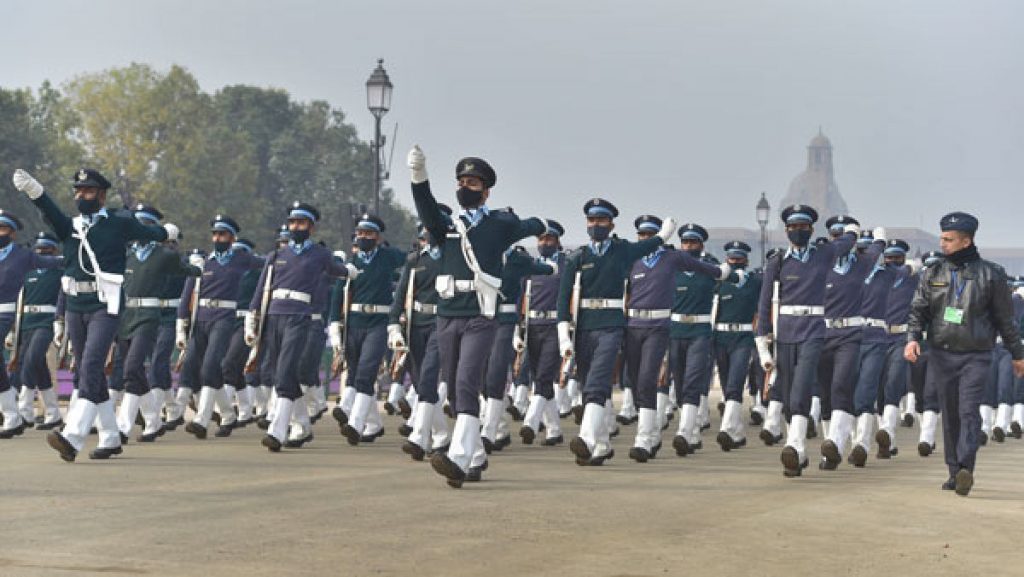New Delhi: The government Wednesday tabled a bill in Lok Sabha to empower commander-in-chiefs or any other officers posted in tri-services organisations with disciplinary and administrative powers in respect of personnel serving in them.
At present, the service personnel of Indian Air Force, Army and Navy are governed by the provisions of the Air Force Act, 1950, the Army Act, 1950 and the Navy Act, 1957 respectively.
Only officers of the respective services are empowered to exercise disciplinary powers over the service personnel under the respective service Acts under current norms and regulations.
This has a direct impact on the command, control and discipline-related issues in the inter-services organisations like the Andaman and Nicobar Command, the Defence Space Agency, and joint training establishment like National Defence Academy, the bill said.
The Commander-in-Chief or Officer-in-Command of such organisations are not empowered to exercise disciplinary or administrative powers over the personnel belonging to other services.
“As a consequence, the personnel serving in inter-services organisations need to be reverted to their parent service units for any disciplinary or administrative action. This is not only time consuming, but also has financial implications relating to movement of the personnel,” it said.
The Andaman and Nicobar Command (ANC) is India’s only integrated tri-services military command that has been playing a key role in keeping a strict vigil in the Indian Ocean.
The Inter-services Organisations (Command, Control and Discipline) Bill, 2023, tabled by Minister of State for Defence Ajay Bhatt, seeks to address the impediment.
The proposed legislation will essentially be an enabling legislation, which empowers the heads of the inter-services organisations to exercise effective command, control and discipline on all personnel of the Air Force, Army and Navy and to persons of other forces attached to an inter-services body.
The salient features of the bill includes empowering the central government to constitute inter-services organisation by notification, which may include a joint services command, comprised of units or service personnel subject to the Air Force Act, 1950, the Army Act, 1950 and the Navy Act, 1957.
It also seeks to empower the commander-in-chief, officer-in-command or any other officer, specially empowered by the central government, with all the disciplinary and administrative powers in respect of personnel serving in or attached to their inter-services organisations, irrespective of the service to which they belong, for the maintenance of discipline and proper discharge of their duties, according to the bill.
The proposed legislation will also pave the way for various other tangible benefits such as expeditious disposal of cases, saving of time and public money by avoiding multiple proceedings and greater integration and jointmanship among armed forces personnel, according to the text of the bill. The tabling of the bill also comes amid the government’s ambitious theaterisation plan.
As per the theaterisation plan, each of the theatre commands will have units of the Army, the Navy and the Air Force and all of them will work as a single entity looking after security challenges in a specified geographical territory under an operational commander.
PTI
